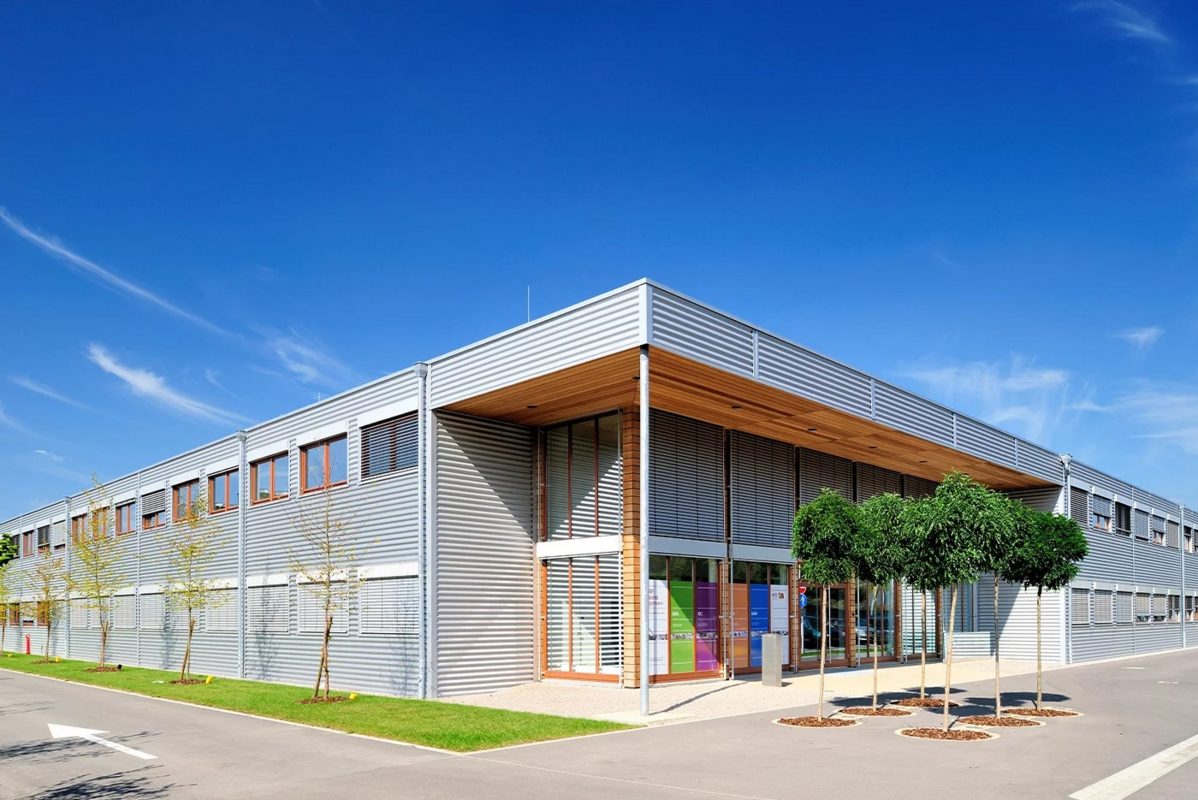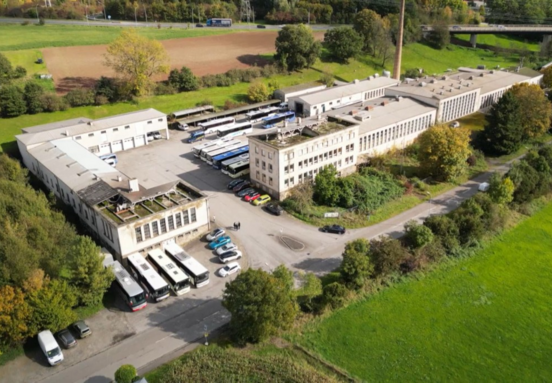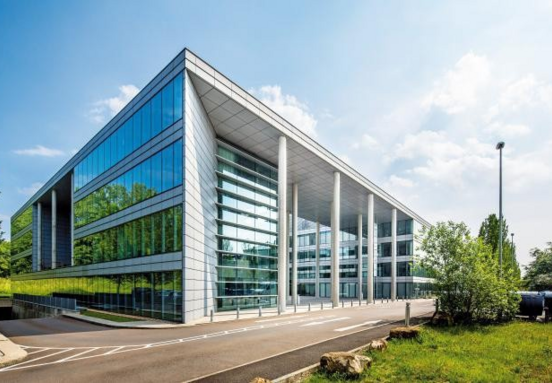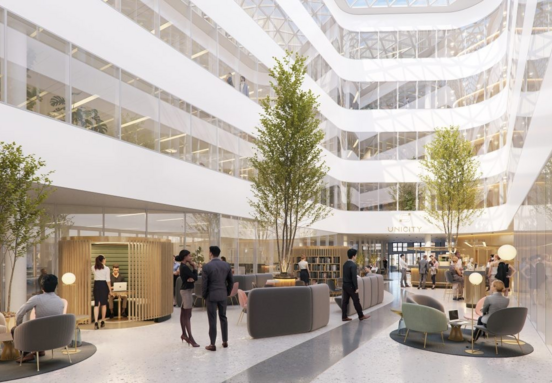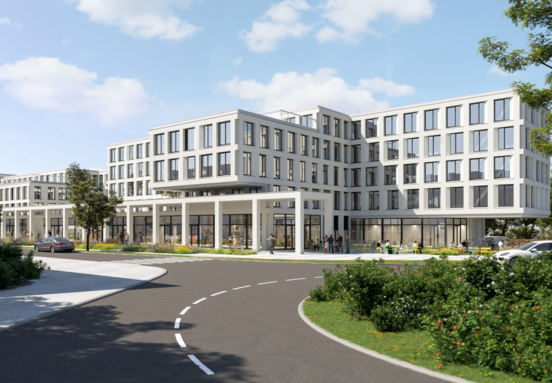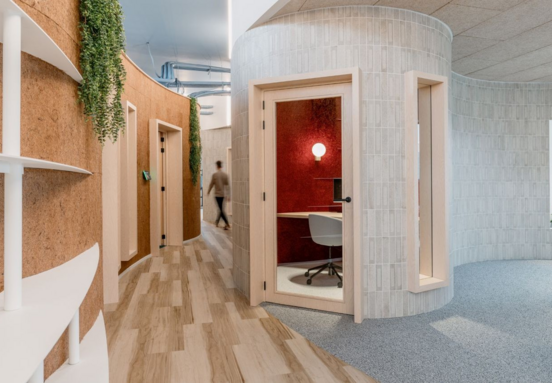The shift towards sustainable construction for businesses
The construction sector is a significant consumer of resources, with traditional building methods contributing heavily to environmental challenges.
A substantial portion of a building's energy footprint, known as 'grey energy' – consumed during material production, construction, and demolition – can account for nearly half of its total lifecycle energy.
Recognizing these challenges, ALHO is pioneering a new standard in sustainable construction with its circular modular building method. This innovative approach offers flexible, demountable building structures designed for minimal environmental impact, from planning and production to operation and eventual reuse.
Unmatched flexibility for evolving business needs
Traditional buildings often struggle to keep pace with dynamic business requirements. ALHO's modular buildings, built with a self-supporting steel framework, are engineered for ultimate adaptability. Walls can be easily moved or opened, and extensions or additional stories can be added rapidly, ensuring your workspace evolves seamlessly with your company. This system is exceptionally versatile, accommodating future modifications and changes in use, whether you're expanding your team, repurposing space, or requiring temporary office solutions.
The power of relocatable buildings for strategic advantage
Imagine moving your entire office or warehouse to a new location with minimal disruption. ALHO's steel modular construction makes this a reality. Buildings can be deconstructed into individual modules, transported, and reassembled elsewhere, granting them multiple lifecycles. This 'mobile building' concept offers unparalleled strategic advantages for businesses needing to adapt to new markets, consolidate operations, or respond to changing logistical demands. It provides an agile solution for temporary office space or long-term relocatable facilities.
Setting the standard for sustainable business operations
Sustainability is at the core of ALHO's modular solutions. Unlike conventional construction, modular building significantly reduces 'grey energy' consumption, contributing to a lower carbon footprint for your business. The German Sustainable Building Council (DGNB) highlights reusability as a critical sustainability criterion, a principle central to ALHO's design. The inherent flexibility and ease of deconstruction of these buildings positively impact your company's ecological footprint, supporting your corporate social responsibility goals and contributing to a greener future.
Real-world examples of ALHO's modular building success
The practical benefits of ALHO's modular buildings are clearly demonstrated in real-world applications. In Luxembourg, a school building constructed by ALHO in Bettborn in 2010 was fully relocated in summer 2023. Modules were separated, transported, and reassembled on a new site during the summer break, ready for the new academic year – a perfect illustration of how quickly business operations could be re-established after a move or how temporary office space could be provided rapidly.
Another compelling example involves a three-story office building in Strassen, used by Enovos. In summer 2022, this building was dismantled and, after temporary storage, reassembled in Clervaux – not as offices, but as a school. Thanks to the non-load-bearing internal walls, the layout was easily reconfigured from offices to classrooms, and additional modules were integrated to expand the building. These cases underscore how ALHO's modular construction leads the way in resource efficiency and sustainability, providing innovative, long-term solutions for dynamic business environments seeking flexible office space, warehouse solutions, or adaptive commercial properties.
Source: gemengen.lu
